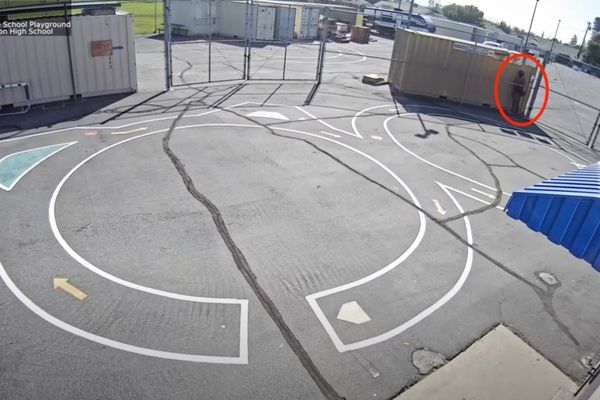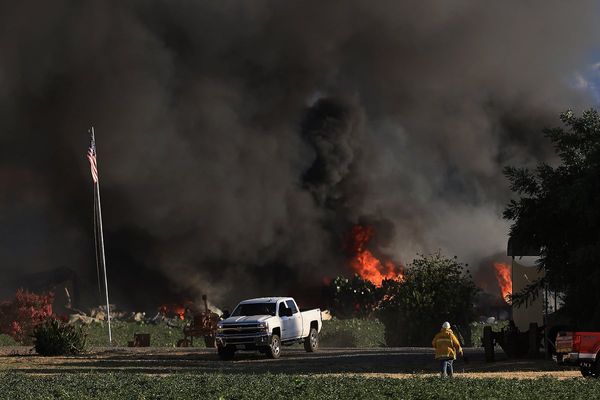
Surprising as it sounds, this spirited production of Rameau’s Les Indes galantes represents the work’s first staging in the UK. Then again, French opéra-ballet has always presented challenges, from the substantial forces required to do it justice to the need for specialist vocal techniques rarely encouraged this side of the Channel: a gifted practitioner of the French baroque must be across a dizzying nine different types of trill.
Premiered in Paris in 1735, Rameau’s ballet héroïque tapped into Enlightenment tropes of the noble savage and the export of European ideals to the New World, whether the inhabitants wanted it or not. Its exotic locations – Turkey, Peru, Persia and the North American wilderness – present a modern-day director with a veritable minefield of cultural sensitivities. Happily, Bintou Dembélé, whose roots are in French hip-hop, navigates these perilous waters with ease, conjuring up an irresistible blend of pop culture and inclusive storytelling.
Presented on a bare stage, with musicians on rostra at the back, there are times when this discreetly truncated interpretation comes across as more choreographed concert than opera, but with musicians and dancers ranging freely throughout the auditorium it also feels thoroughly immersive. Lighting designer Benjamin Nesme’s illuminated floating circle does duty as a rose-tinted Persian fountain, the torrid Peruvian sun and a North American forest. The disc’s detachable light sticks are often all that’s required to illuminate a singer’s face. Charlotte Coffinet’s gender-fluid, street-savvy costumes bring a chilled vibe to musicians and dancers alike.
The production simmers before it sizzles. The abstract choreography of the prologue occasionally treads water, ditto in the Turkish act. By the time we make landfall in Peru, however, the supple dancers – drawn from Dembélé’s company Structure Rualité – are crushing it with spellbinding outbursts of breaking, popping and waacking. The Inca temple, volcanic eruption and all, is vividly conveyed, while Rameau’s Dance of the Peace Pipe crackles with leaps, whoops and stamps. The subsequent slow-motion slaughter of one half of the company by the other is a powerful reminder of colonialism’s brutal legacy.
Musical standards are exemplary. Cappella Mediterranea, playing under founder and conductor Leonardo García-Alarcón, produce a dynamic, spicily textured and disciplined blend, complemented by the specialist baroque voices of the Belgian Choeur de chambre de Namur. Four busy singers cover the various vocal roles, all thoroughly idiomatic and blessed with immaculate diction. Ana Quintans is a standout as the goddess Hébé; Laurène Paternò a feisty North American maiden; Alasdair Kent – a proper French high tenor – makes a charmingly fickle Spaniard; and sonorous bass Andreas Wolf is enormously persuasive as the fanatical Inca high priest. The Grange festival deserves the Legion of Honour for bringing this imaginative production to our shores.







